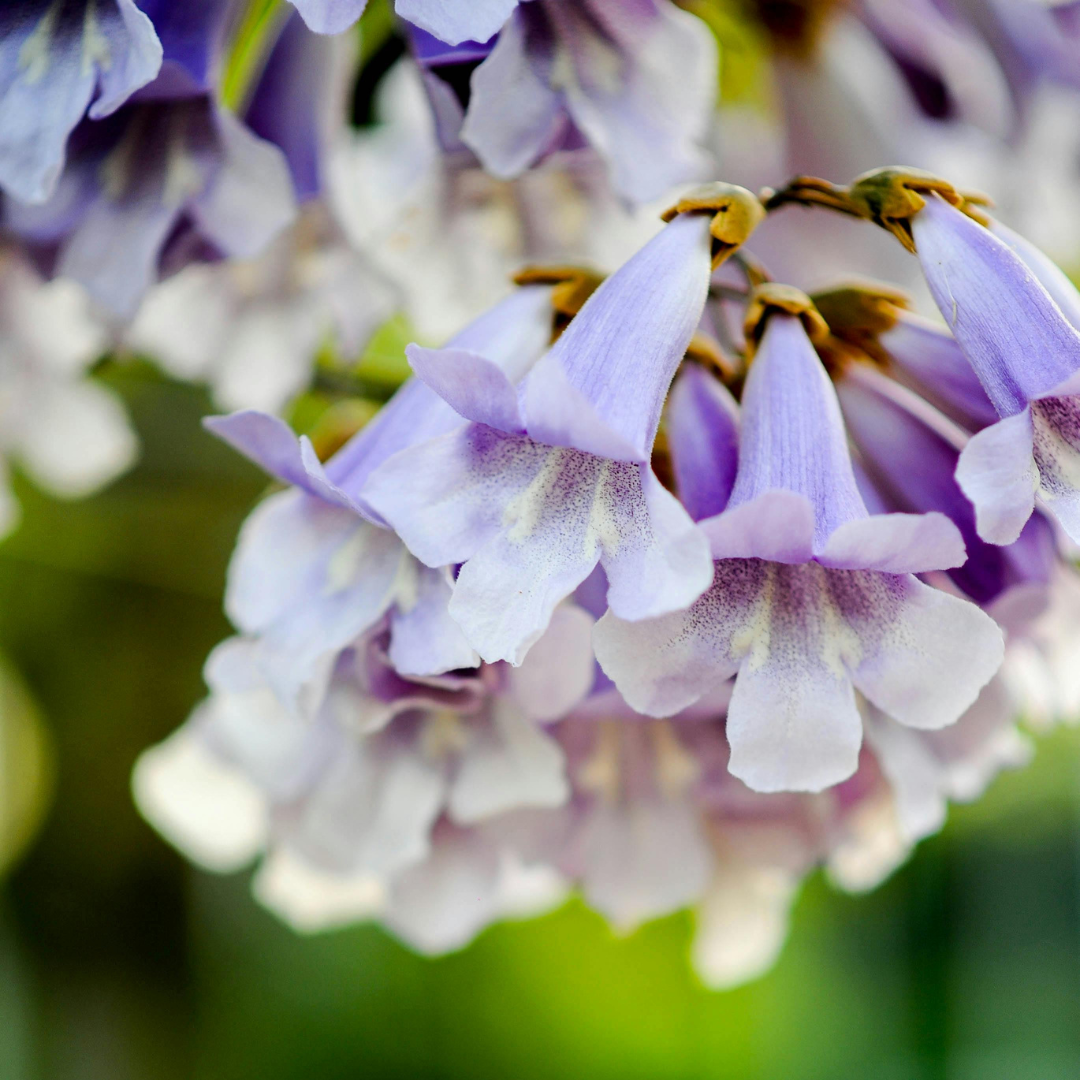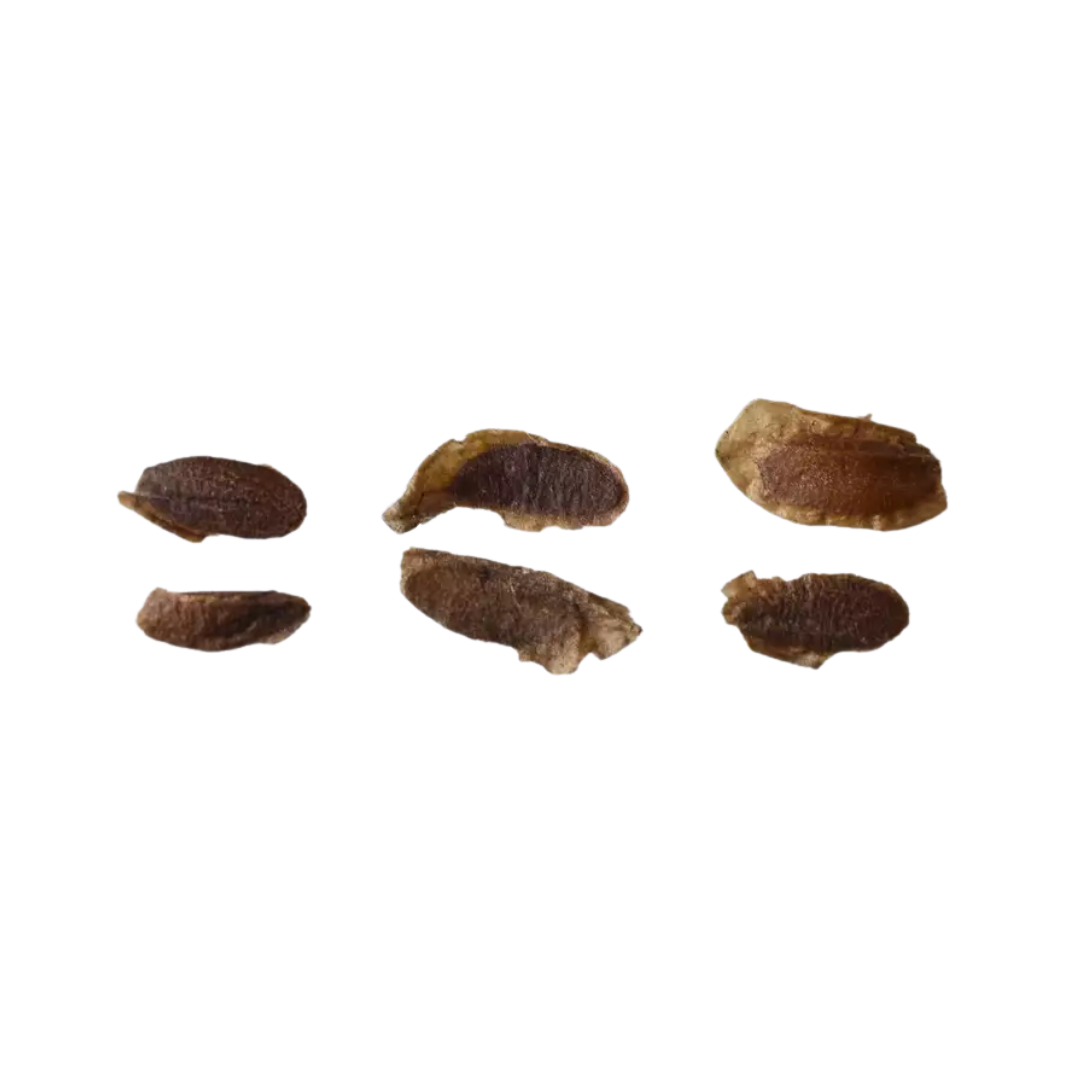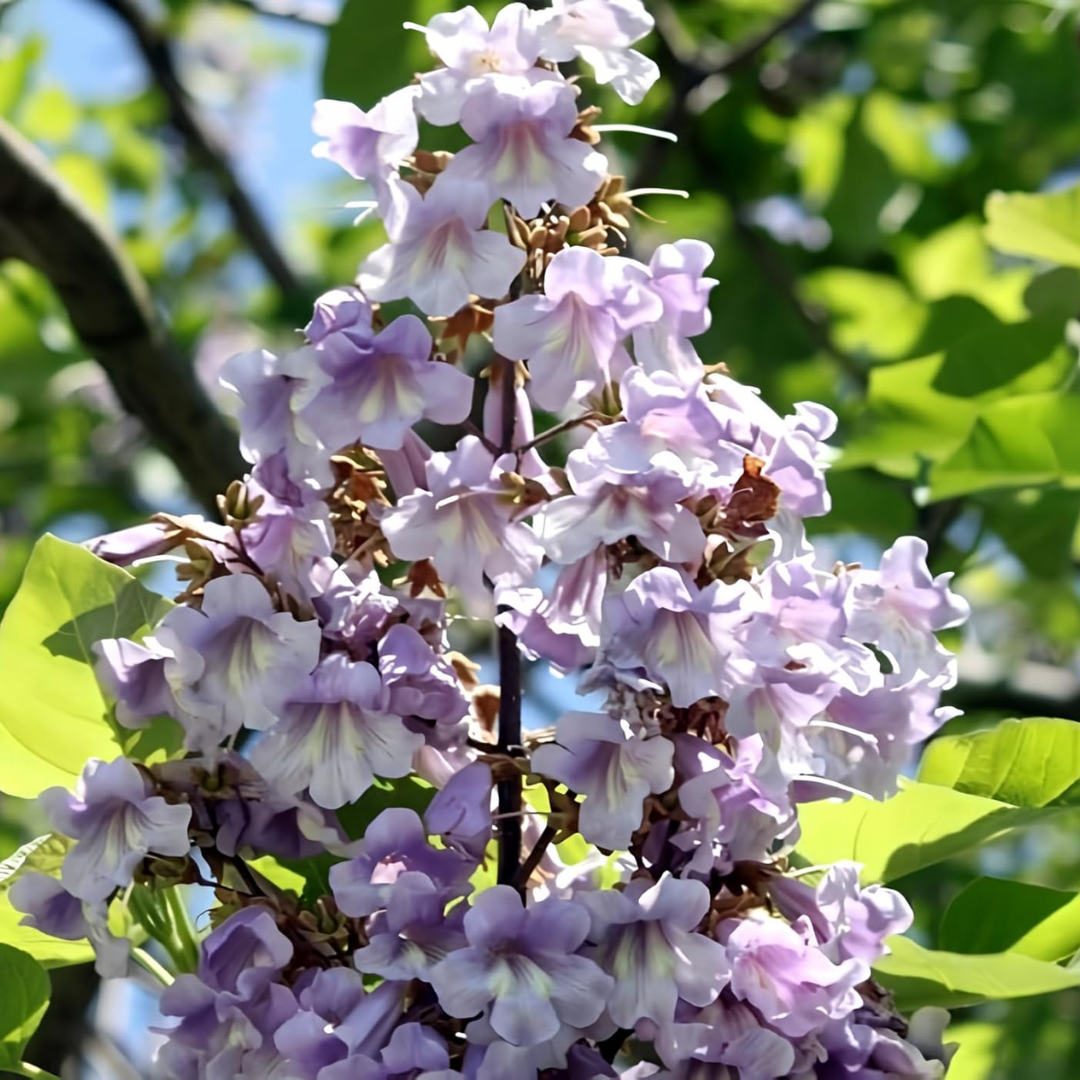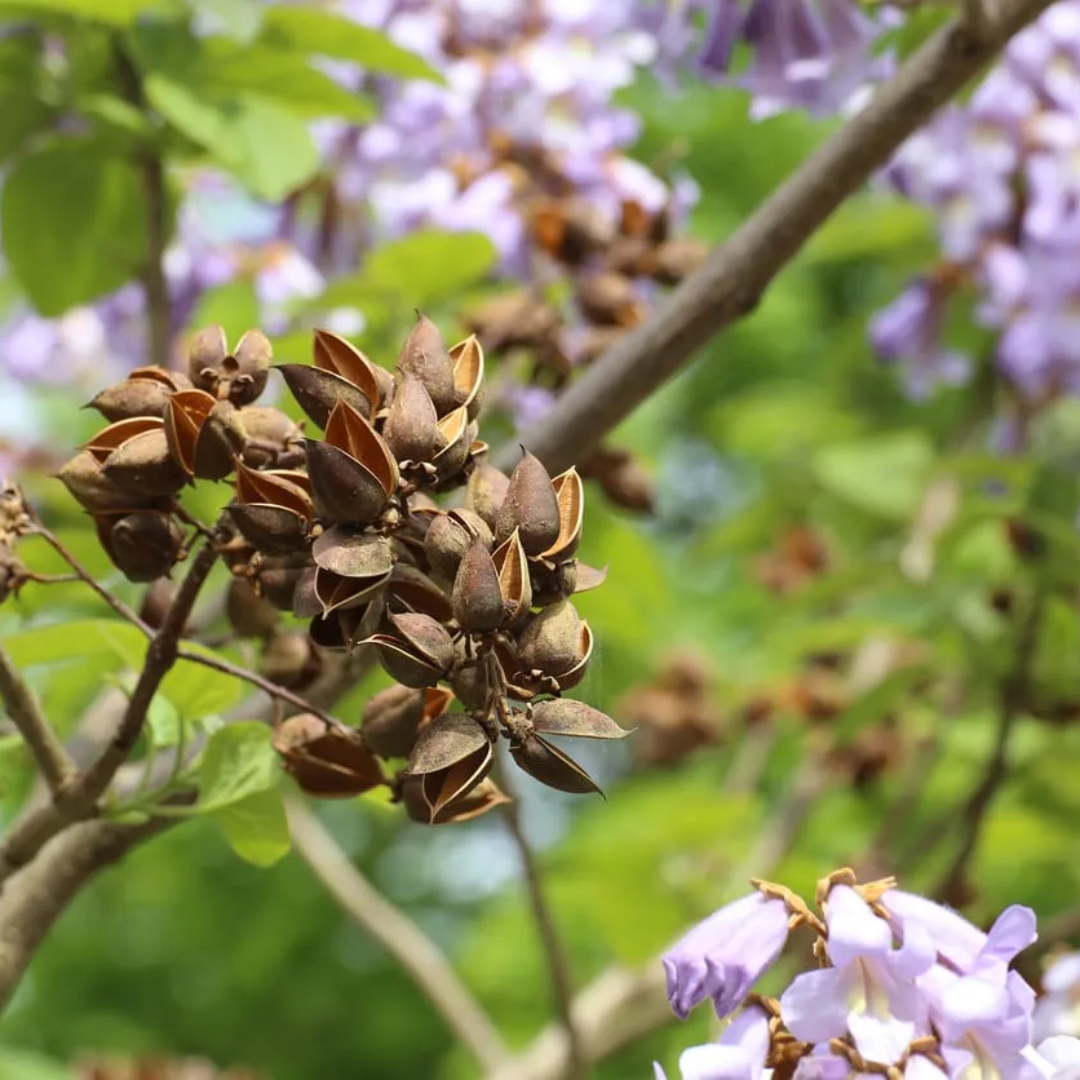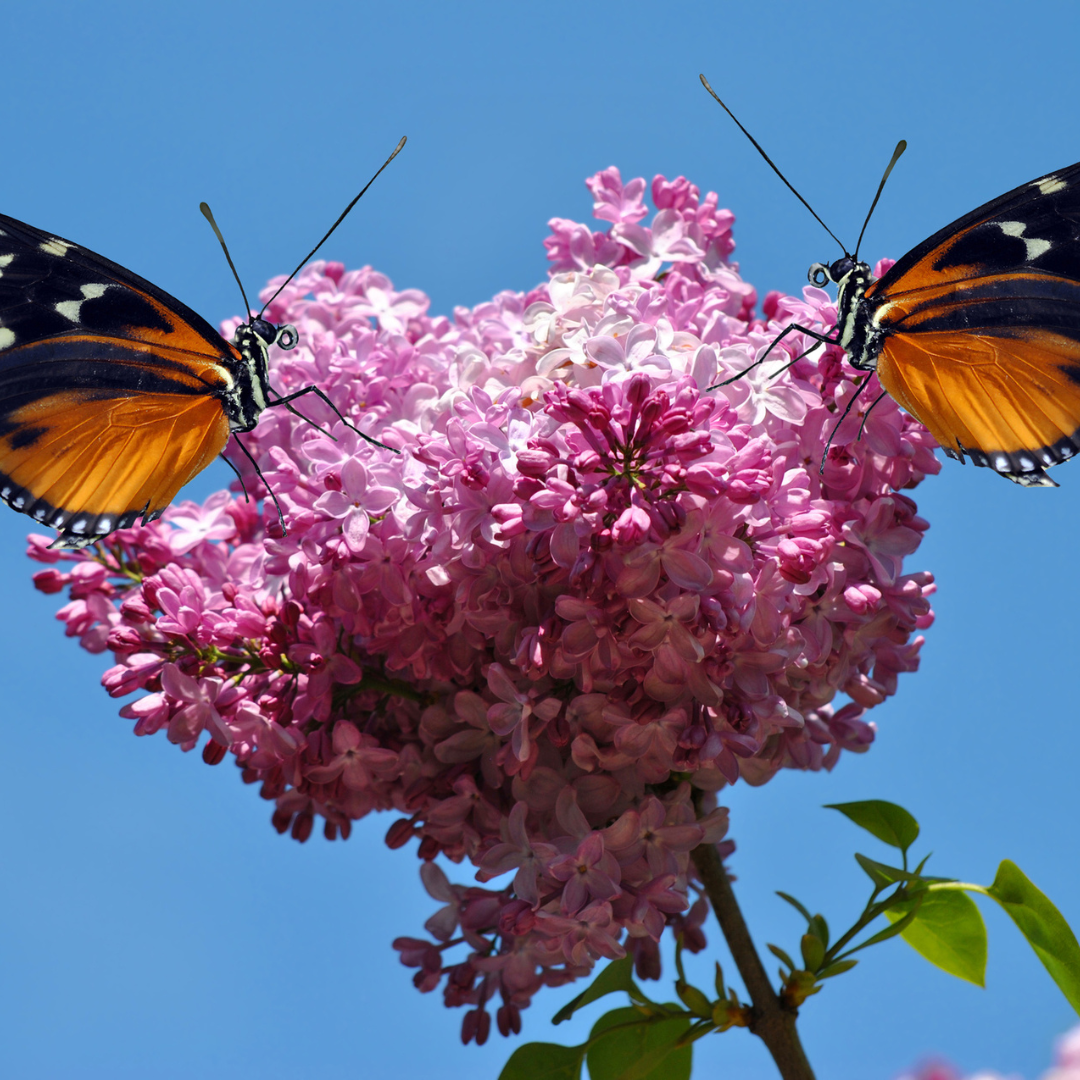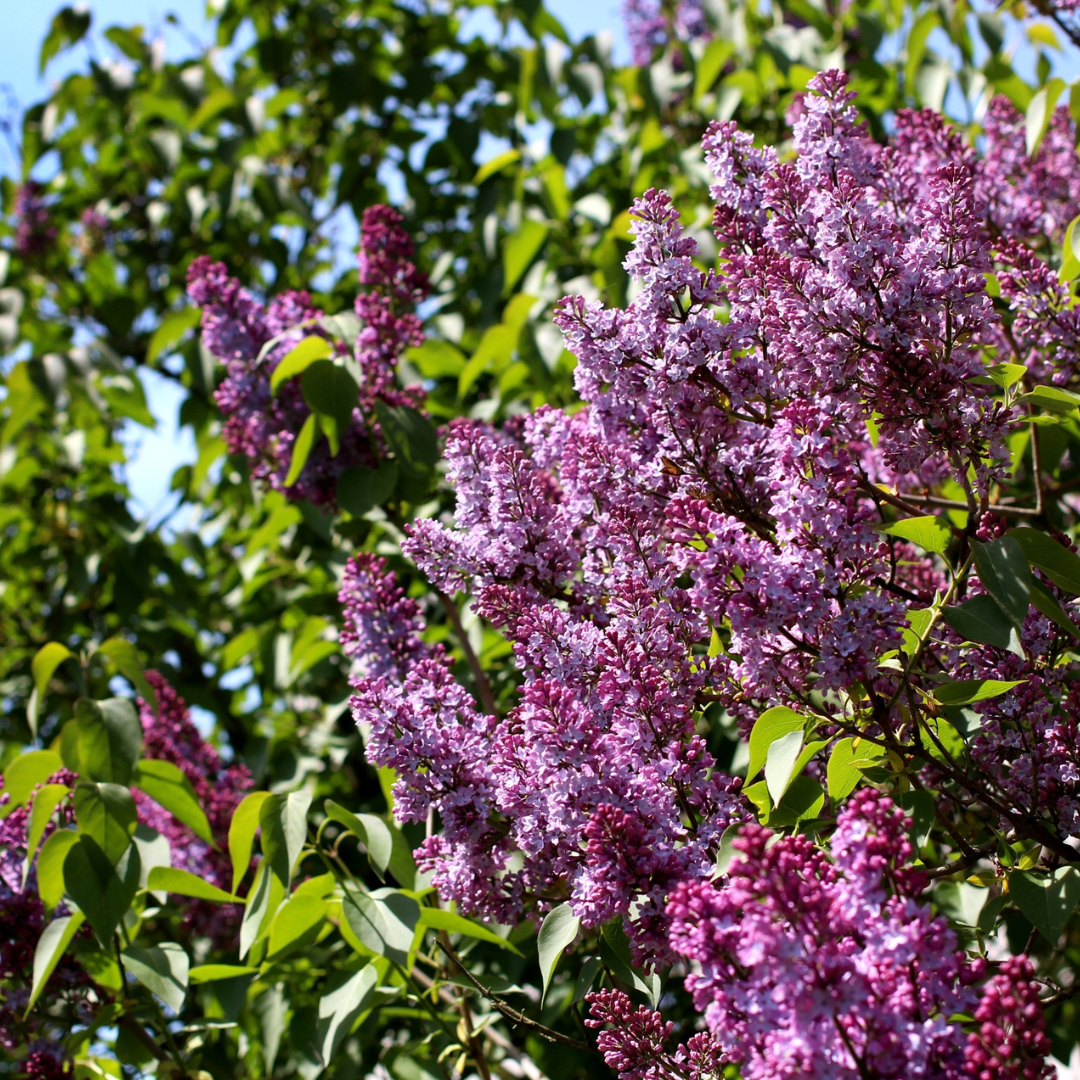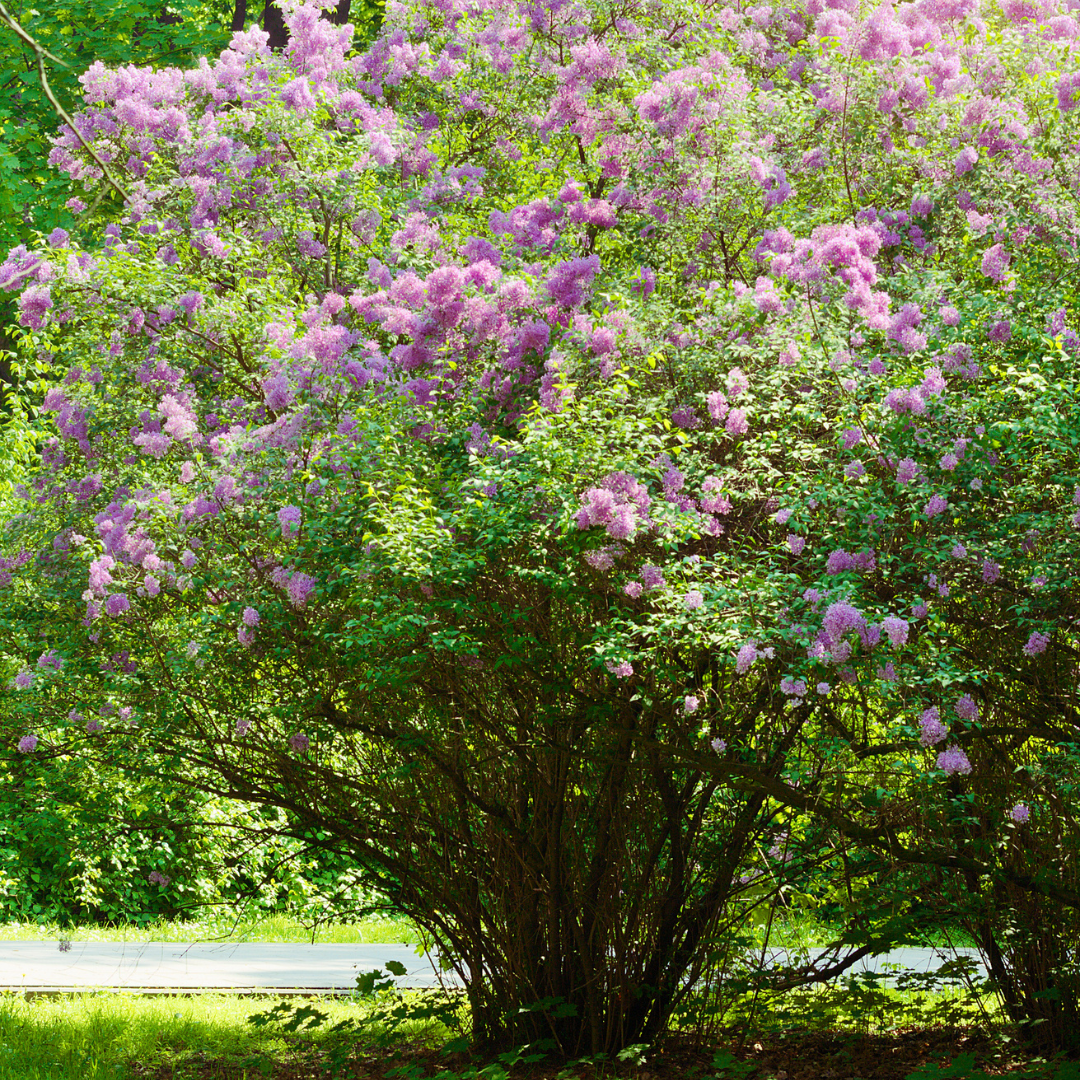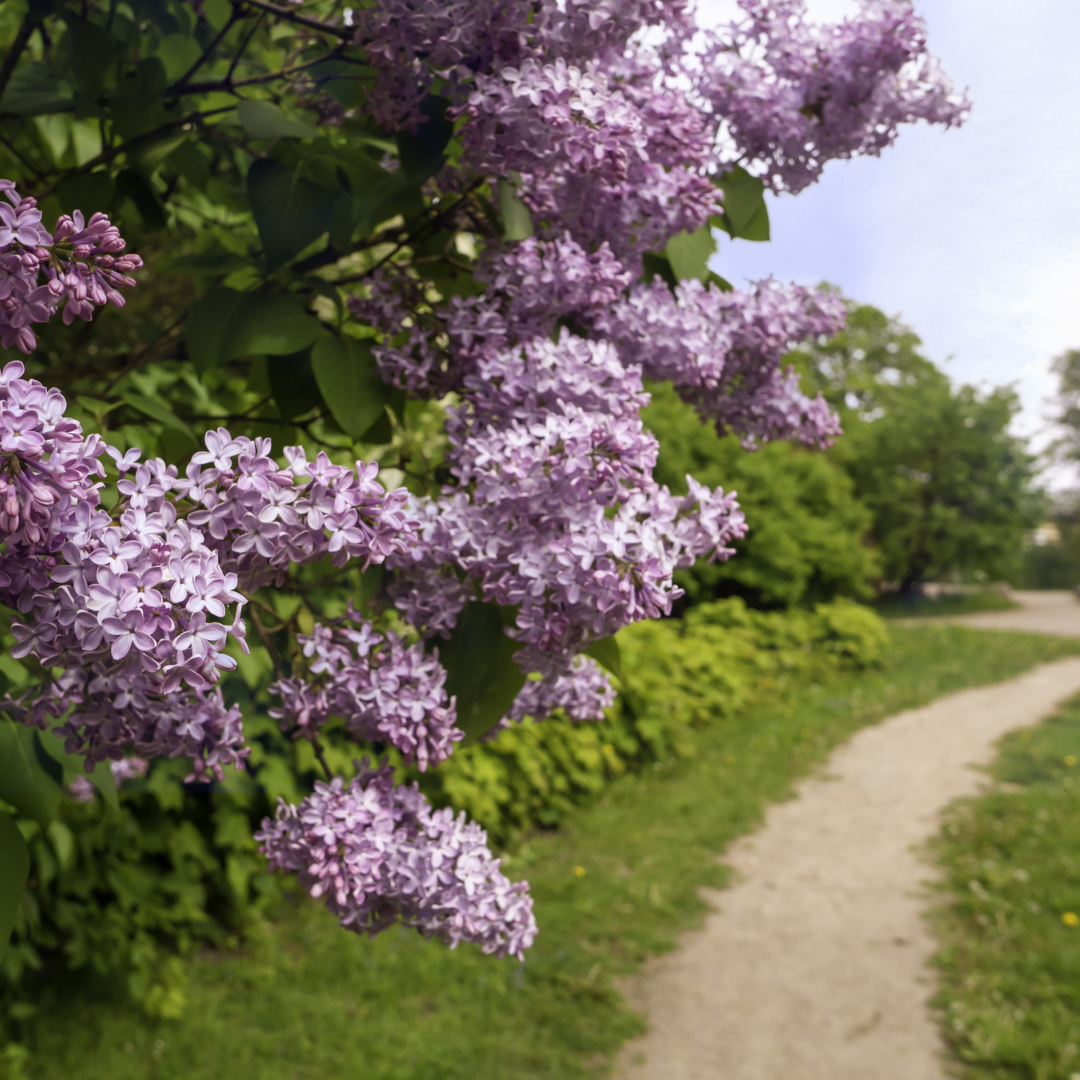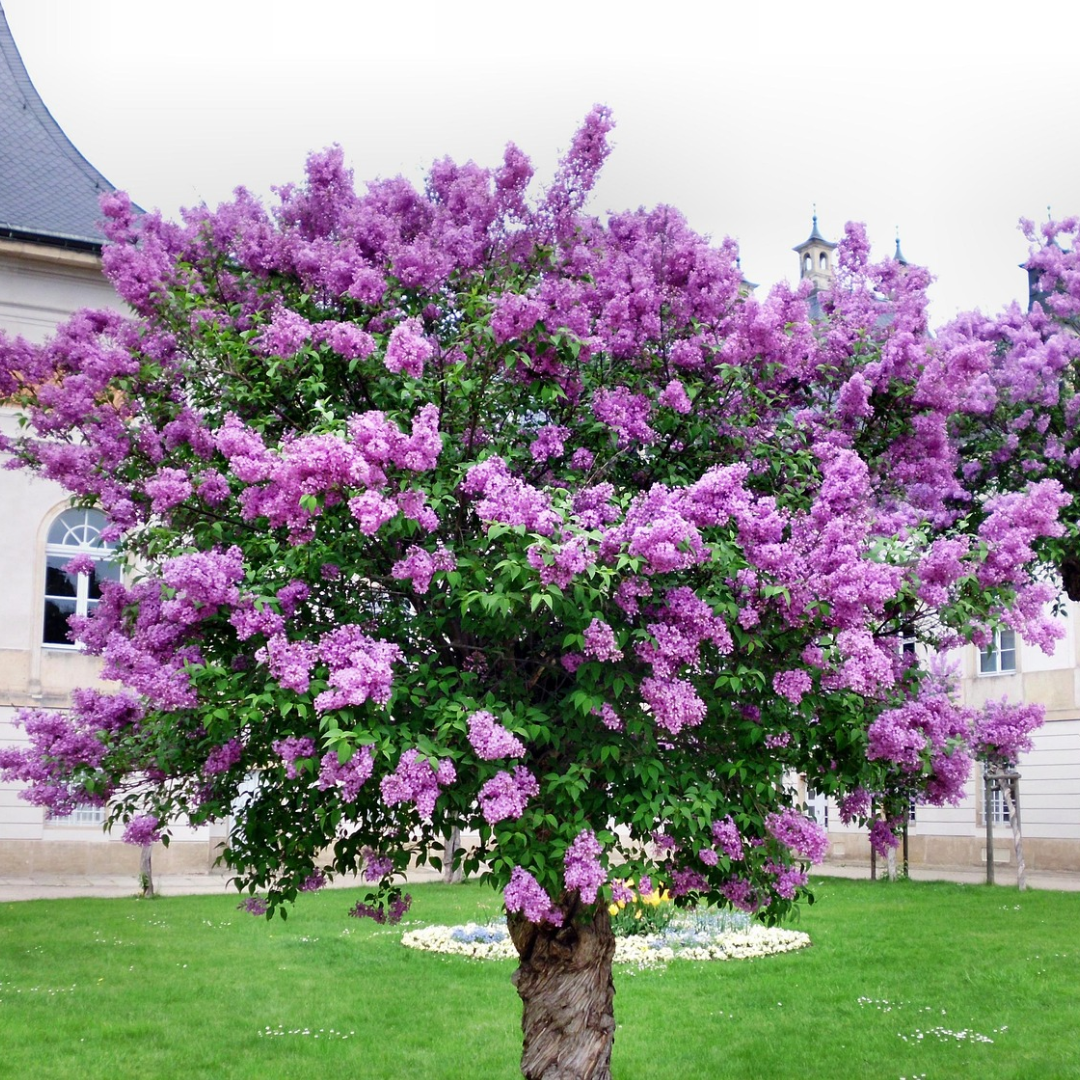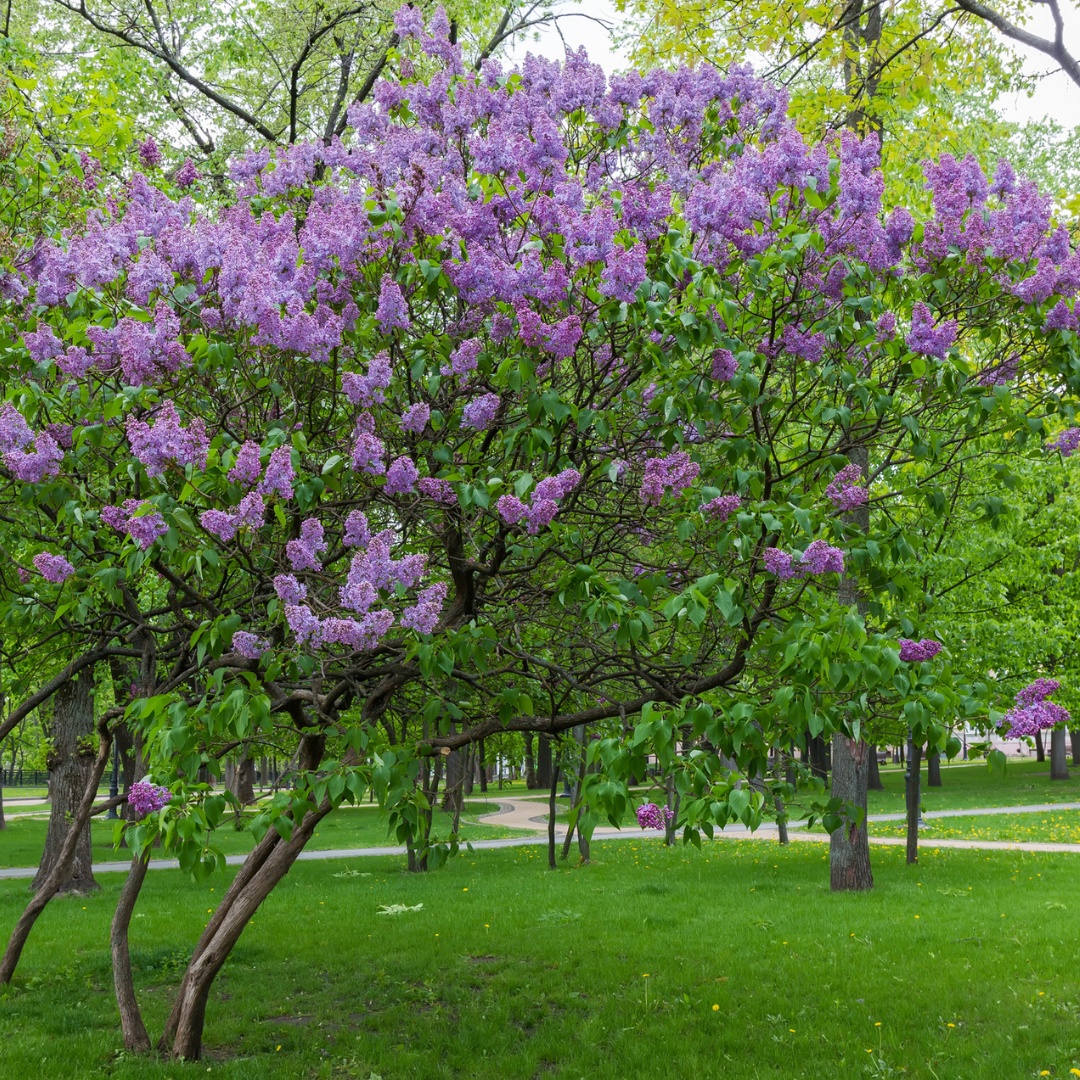Common Lilac Tree Seeds (Syringa vulgaris
Common Lilac Tree Seeds (Syringa vulgaris
Fragrant, classic, and unforgettable.
Syringa vulgaris, the Common Lilac, is a beloved ornamental shrub treasured for its clusters of highly fragrant spring blossoms in shades of lavender, purple, pink, and white. Long celebrated in gardens across Europe and North America, the lilac is a timeless favorite that signals the arrival of spring and fills the air with its sweet perfume.
Why Choose Common Lilac?
- Native to southeastern Europe, naturalized across North America
- Famous for richly fragrant flowers, adored by pollinators and people
- Hardy, adaptable, and easy to grow—perfect for hedges, borders, or specimen plantings
- Blooms in mid to late spring with lush summer foliage
Growing Details
- Botanical Name: Syringa vulgaris
- Stratification: 30–60 days cold stratification required
- USDA Zones: 3–7
- Soil: Well-drained, fertile soil; tolerant of varied conditions
- Light: Full sun (6+ hours for best bloom)
- Height: 8–15 ft
- Spread: 6–12 ft
- Growth Rate: Moderate
FAQ
Do lilacs really need full sun?
Yes. For abundant blooms, lilacs require at least 6 hours of direct sunlight daily.
How soon will lilacs bloom from seed?
Lilacs can take several years to bloom when grown from seed. Patience is rewarded with long-lasting shrubs.
Are lilacs deer resistant?
Generally yes, lilacs are not a preferred food source for deer.
Related Seeds
- Flowering Almond Tree Seeds (Prunus triloba)
- Eastern Redbud Tree Seeds (Cercis canadensis)
- White Dogwood Tree Seeds (Cornus florida)
Evergreen Seed Co. is trusted by growers nationwide for rare, resilient, and high-germination seeds. Each order is carefully sourced, tested, and packaged with detailed planting instructions.
FAQ
FAQ
Do you pre-stratify the seeds?
Most of our seeds are not pre-stratified. We ship them unstratified so you can control germination timing based on your local growing season. We sell to all 50 U.S. states and Canadian provinces, and since each region has different planting windows, pre-stratifying would risk seeds germinating in transit or before you're ready to plant.
True stratification requires cold, moist conditions, which can lead to premature sprouting or mold if not timed properly. To avoid this, we store most seeds in dry cold conditions to preserve viability — but this does not initiate stratification.
Do any of your seeds need to stay moist? (Recalcitrant seeds)
Yes — some species we offer are recalcitrant, meaning they must remain moist to stay viable and cannot be dried out. Examples include: Chestnut, Hazelnut, Paw Paw, etc.
These seeds are shipped in moist cold storage and are clearly labeled on the product page when applicable. Please refrigerate immediately upon arrival and follow included care instructions.
Do you ship internationally?
We currently ship to the United States and Canada only. Unfortunately, we cannot ship to other countries without a phytosanitary certificate, which is required by most international customs agencies.
If you're interested in shipping outside North America, please contact us. Note that a phytosanitary certificate typically adds $60–$80 USD per seed type and must be arranged in advance.
Shipping & What's Included
Shipping & What's Included
Shipping & Packaging
Hand-packed in resealable zipper kraft paper seed bags
Stratification and planting instructions included with every order
1 free bonus seed pack included with every order
Ships within 3–5 business days via USPS
Return Policy
Return Policy
Due to the nature of our products, we do not accept returns on seeds.
However, if your order arrives damaged or incorrect, please contact us within 7 days and we’ll make it right.
Share
